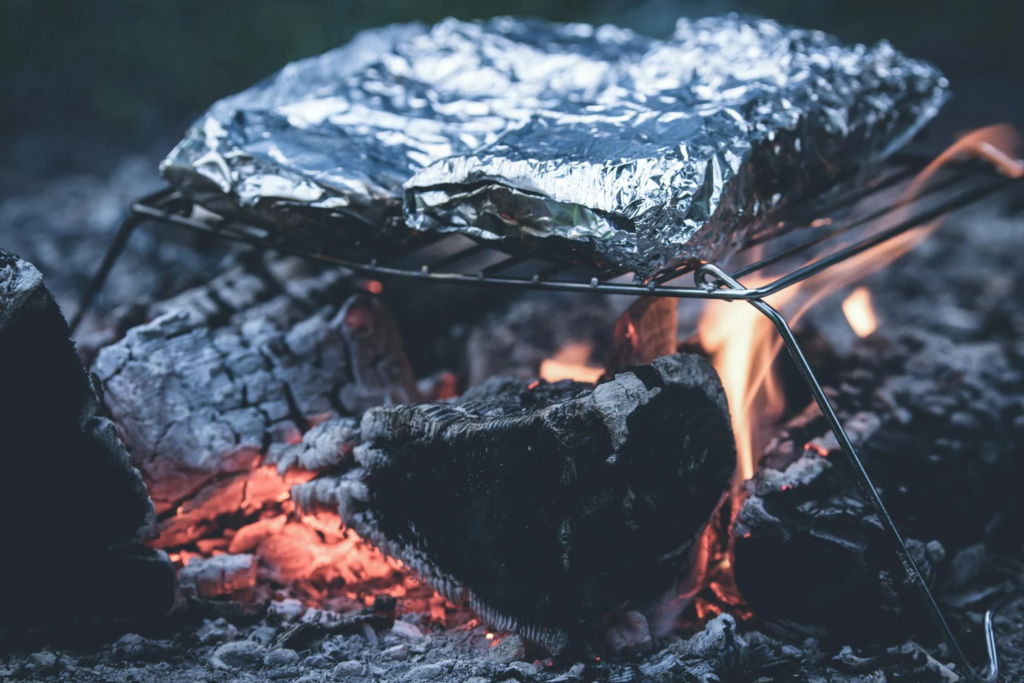
The Hidden Dangers of Cooking with Aluminum Foil: Health Implications and Safer Alternatives
Cookware is an essential part of our daily lives, and it directly impacts the safety and quality of the meals we prepare. However, not all cookware materials are created equal when it comes to health implications. While many are designed to be both safe and functional, some materials, when used improperly or excessively, may pose hidden risks. One such material is aluminum foil, a household staple for cooking and food storage.
Aluminum foil has become popular due to its convenience and versatility, but recent concerns have emerged about its potential health risks. Understanding these risks and exploring safer alternatives can help minimize exposure to harmful elements and promote healthier cooking practices.
Table of Contents [show]
History and Modern Uses of Aluminum Foil in Cooking
Aluminum foil has been around for more than a hundred years, making its way into kitchens worldwide. It all started in 1910 when a Swiss chemist named Hans Christian Oersted created it, and soon after, it became popular in the U.S., thanks to Reynolds Metals, who introduced it in 1913. Back then, it was mainly used to wrap candy and cigarettes, but people quickly discovered how useful it could be for cooking.
These days, aluminum foil is a kitchen staple. We use it for everything from wrapping food to grilling, baking, and storing leftovers. It’s convenient because it holds in moisture and handles high heat well. But, despite its usefulness, it’s important to be aware of how frequently we use it, especially with growing concerns about its impact on health.
Modern Uses of Aluminum Foil in Cooking
Aluminum foil is a kitchen favorite because it’s so versatile. Whether you’re baking, grilling, or storing leftovers, it gets the job done. Here are a few ways people commonly use it:
- Wrapping and covering: It’s great for wrapping food to keep it moist when you’re baking or roasting. Ever wrapped up veggies or fish in foil to roast? It helps lock in the flavors and heat.
- Grilling and barbecuing: Foil packets on the grill make life so much easier. Just toss in some veggies, herbs, and your choice of meat, seal it up, and let the grill do the work. Plus, it means less cleanup afterward!
- Insulation and heat reflection: Lining the bottom of your oven or placing it under baking dishes helps catch any drips and reflects heat to make sure your food cooks evenly.
- Food storage: It’s also handy for storing leftovers. Just wrap up your food, pop it in the fridge, and it’ll stay fresh while keeping those fridge smells contained.
While foil is super convenient, it’s good to be mindful of how often you use it, especially with the health concerns that come with too much exposure.
Dangers of Using Aluminum Foil
Using aluminum foil for cooking is common, but it’s important to be aware of the potential risks. Recent studies show that cooking certain foods in aluminum foil can significantly increase the amount of aluminum in your food. This is especially true for red meats and poultry.
- Red meats: When red meat is cooked in aluminum foil, the aluminum content can rise by as much as 378%, depending on factors like cooking time and temperature. Acidic ingredients, such as tomatoes or marinades, can speed up this process, making the foil more likely to leach aluminum into your meal.
- Poultry: Similar findings apply to poultry, where the increase in aluminum content ranges from 76% to 215%. High temperatures and acidic foods make the aluminum more likely to transfer into the food during cooking.
While small amounts of aluminum intake might not be a big deal, regular use of aluminum foil, especially at high temperatures, can lead to increased exposure. This is why it’s worth considering how often you use aluminum foil in your cooking and exploring other options when possible.
Aluminum Foil in Cooking: Linked to Dementia and Alzheimer’s?
There’s been growing concern about the potential link between aluminum exposure and neurodegenerative diseases like Alzheimer’s. Aluminum, a naturally occurring element, can be toxic in high amounts, especially when it builds up in the body over time. Some studies suggest that high levels of aluminum in the brain might play a role in the development of conditions like dementia.
While it’s still debated, there’s evidence showing that excessive aluminum can interfere with brain function. It might contribute to the formation of abnormal protein structures, like beta-amyloid plaques, which are common in Alzheimer’s patients. Although aluminum is found in many everyday items—like food, water, and even certain medicines—it’s worth paying attention to how much we’re being exposed to, especially from cooking sources like aluminum foil.
So, while the occasional use of aluminum foil may not pose an immediate risk, reducing its frequent use can help limit your overall exposure and promote better long-term health.
Harmful Environmental Impacts
Using aluminum foil doesn’t just raise health concerns—it also has significant environmental effects. The process of making aluminum is energy-intensive and starts with extracting bauxite ore, which harms natural ecosystems. Mining for bauxite leads to habitat destruction and deforestation, disrupting wildlife and local environments.
The production process itself releases greenhouse gases, contributing to climate change. It also pollutes the air and water, which can have harmful effects on both human health and marine life. And after all that, most aluminum foil ends up in landfills, where it doesn’t break down easily, adding to long-term waste.
Beyond health reasons, switching to more sustainable alternatives can also help reduce your environmental footprint. Small changes in the kitchen can make a big difference for the planet.
Safer Alternatives to Aluminum Foil
If you’re looking to move away from using aluminum foil, there are plenty of alternatives that are both healthier and better for the environment. Here are a few options:
- Parchment paper: Perfect for baking or roasting, it doesn’t stick to food and doesn’t react with ingredients. It’s great for lining pans and wrapping food.
- Silicone baking mats: These mats are reusable, easy to clean, and can handle high temperatures. Plus, they’re a great non-stick option.
- Glass or ceramic bakeware: Instead of using foil, opt for glass or ceramic dishes. They’re safe, distribute heat evenly, and are perfect for baking or roasting.
- Stainless steel containers: These are a great alternative for both cooking and storing food. They’re sturdy, non-reactive, and last a long time.
- Beeswax wraps: If you’re storing food, beeswax wraps are a reusable and eco-friendly option. They’re great for covering bowls or wrapping snacks.
- Cast iron cookware: Cast iron pans are a solid alternative to aluminum. They’re naturally non-stick when seasoned properly and can last for years.
Making these small changes not only helps reduce your exposure to aluminum but also cuts down on waste, making your kitchen more eco-friendly.
How to Further Minimize Aluminum Intake
Reducing your aluminum exposure doesn’t have to be complicated. One simple way is by cooking more fresh, whole foods instead of relying on processed ones, which can sometimes contain aluminum-based additives. Cooking from scratch helps you avoid that extra aluminum.
Also, switching up your cookware can make a difference. Using stainless steel, cast iron, or glass instead of aluminum ensures that nothing harmful is making its way into your meals. These options are safer, and they can actually improve your cooking experience too.
You might also want to think about everyday products like deodorants or baking powders. Some contain aluminum, but there are plenty of aluminum-free alternatives out there, so it’s easy to make a switch if you’re concerned.
Even something as simple as filtering your tap water can help, since aluminum sometimes sneaks in there, too. Little changes like these add up, helping you cut down your exposure without much effort.
Healthier Choices, Greener Living
Being aware of how often we use aluminum foil and the potential risks it brings is a smart move. While it’s super convenient, using it too much, especially with certain foods, can increase aluminum exposure. With growing concerns about its impact on health, it makes sense to explore safer options.
The good news? There are plenty of easy alternatives out there. Switching to things like parchment paper or cast iron pans is an easy way to cut down on aluminum without sacrificing convenience. Plus, these swaps are better for the environment too.
In the end, it’s about making small, mindful changes in the kitchen. These simple shifts not only help protect your health but also support a more sustainable way of living.
News in the same category


Ancient Inscriptions Inside Great Pyramid Rewrite History Of Its Builders

Nurse at palliative care reveals the top 5 regrets of people right before they di3d

The Hidden Meaning Behind Leg-crossing — It’s More Than Just Comfort
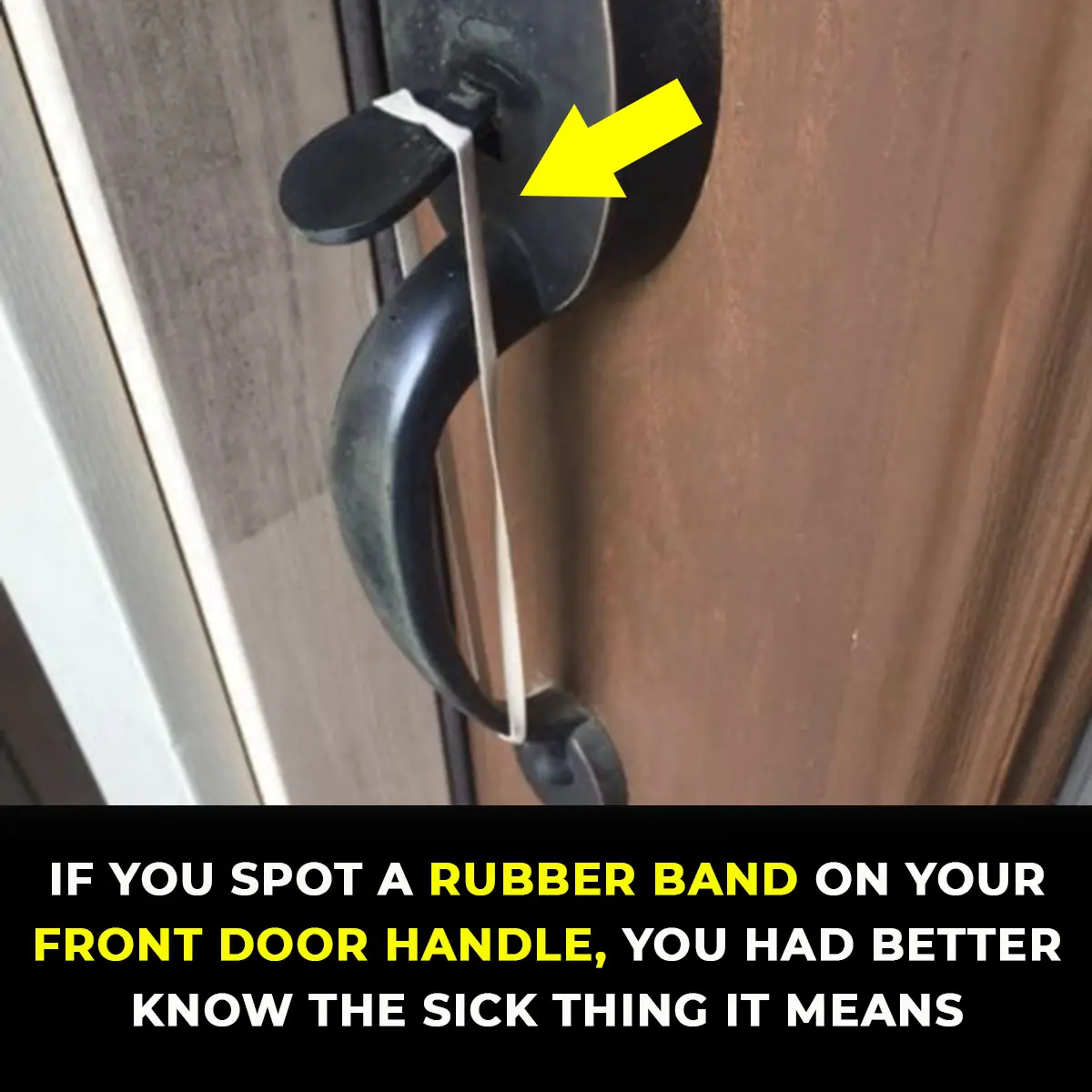
Off The RecordIf You Ever Notice Your Door Handle With A Rubber Band On It DO NOT Touch It

Jake, a Single Dad, Discovers a Heartwarming Breakfast Surprise

90-Year-Old Woman Used a Grenade as a Pestle for Over 20 Years

A New Kind of Human Has Officially Been Discovered

Scientists Finally Reveal the Chilling Truth Behind Blood Falls In Antarctica
Deep beneath Antarctica's frozen surface lies a crimson waterfall so eerie and surreal, it appears the glacier itself is bleeding. Known as Blood Falls, this chilling natural wonder holds secrets that could reshape our understanding of life on Earth—and

What Is Gyan Mudra? Benefits, Meaning, and How to Practice It Daily
This habit is a powerful hand gesture used in yoga and meditation to boost focus and inner peace. Discover its meaning, benefits, and how to practice it daily for a calmer, clearer mind.

New Brain Protein Discovery Could Reverse Memory Loss Without Touching Alzheimer's Plaques
The study’s central revelation - that memory can be restored without clearing plaques - challenges the very foundation of Alzheimer’s research over the past 30 years.

Woman With Rare 'Superpower' Sniffed Out Husband's Disease 12 Years Before Diagnosis — Now She's Helping Create a Breakthrough Test
A woman with a rare “superpower” — the extraordinary ability to smell her husband’s disease more than 12 years before it was medically diagnosed — is now working with scientists to develop groundbreaking new methods for early detection of the co

Born On These Dates? Experts Say You May Have Extraordinary Natural Talents
If you were born on one of these dates, you just might be part of an elite circle of natural-born visionaries.

10 Cancer Warning Signs Women Often Overlook

11 Heartbreaking Signs Your Dog Is Nearing the End—And How To Give Them The Love They Deserve

Why McDonald’s Removed The Clown From The Company Image

9 Chilling Stories of Third Man Syndrome: When an Unseen Presence Aided Survival in Disasters

Experts Are Drawing Attention To A Disturbing Noise That People Produce Just Before They Die

A Young Woman Was Found Dead During A Long-Distance Bus Journey—With 26 iPhones Glued To Her Body
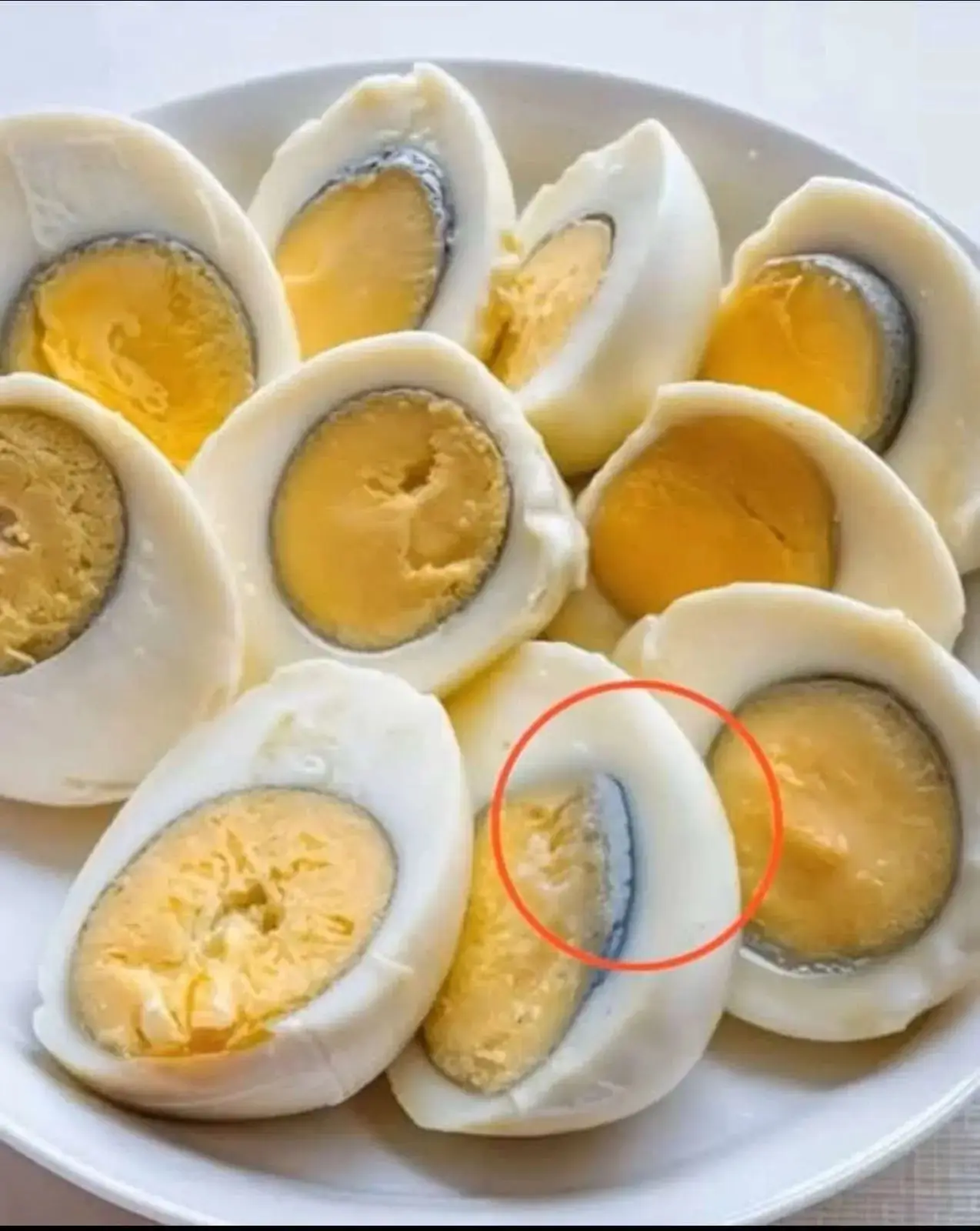
Is the Green Ring on Your Egg Dangerous? Experts Reveal the Truth
If you are one of those people who prefer their eggs hard-boiled, you have certainly noticed that green color ring around the yolk.
News Post
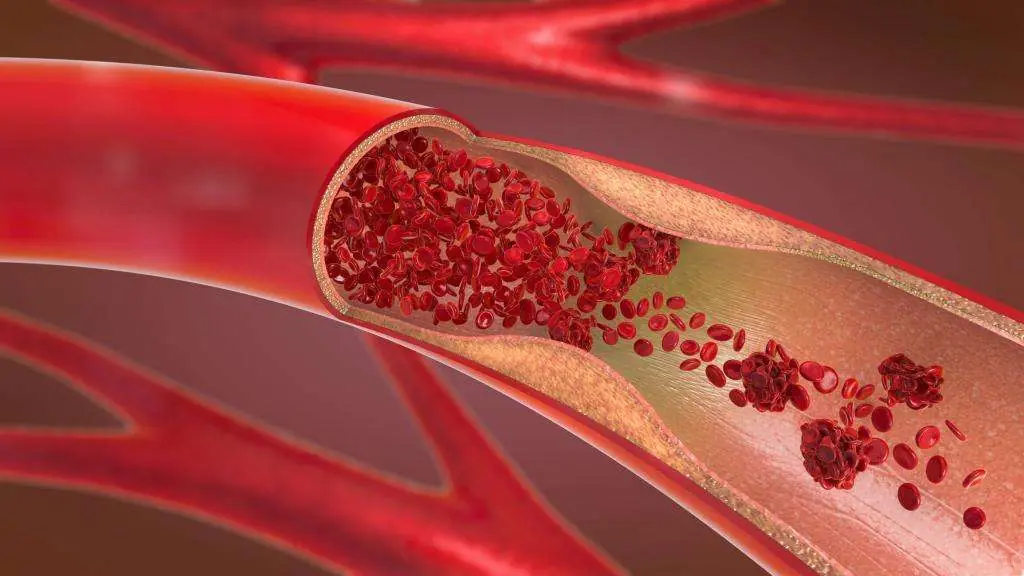
How to Improve Blood Circulation Naturally (Research Based)

5 Deficiencies Almost Everyone Has (And Doesn’t Know About)

Scientifically Proven Health Benefits of Cayenne Pepper

Free download offered to PlayStation gamers as way to 'make amends'

Chaos following discovery of radioactive wasp nest at former US nuclear weapons site

Beyond the Badge: One Officer’s Journey to Becoming More Than a Uniform.

7 Thing That Happen To Your Body When You Stop Having Intimacy Moments
Taking a break from intimacy doesn’t mean something is wrong. In fact, it can be a time for growth, healing, and self-discovery.

From Suspension to a Second Chance: How One Principal Changed a Life Forever.

The Hawk on the Porch: A Quiet Cry for Help.

I Filed for Divorce After Catching My Husband Cheating – Our Son's Words in Court Left Everyone Speechless

My Selfish Sister Stayed by Mom's Side When She Fell Ill, but Everything Changed after the Doctor Shared Mom's Last Words – Story of the Day

My SIL Gave Me Her Old Armoire and Made Me Pay for Moving It – Then She Came with an Outrageous Demand

The Meteor That Changed Two Lives: A Story of Unlikely Family

P@rasite Found In Br@in Of 10-Year-Old Girl After Eating Undercooked Meat Leaves Experts Horrified

Ancient Inscriptions Inside Great Pyramid Rewrite History Of Its Builders
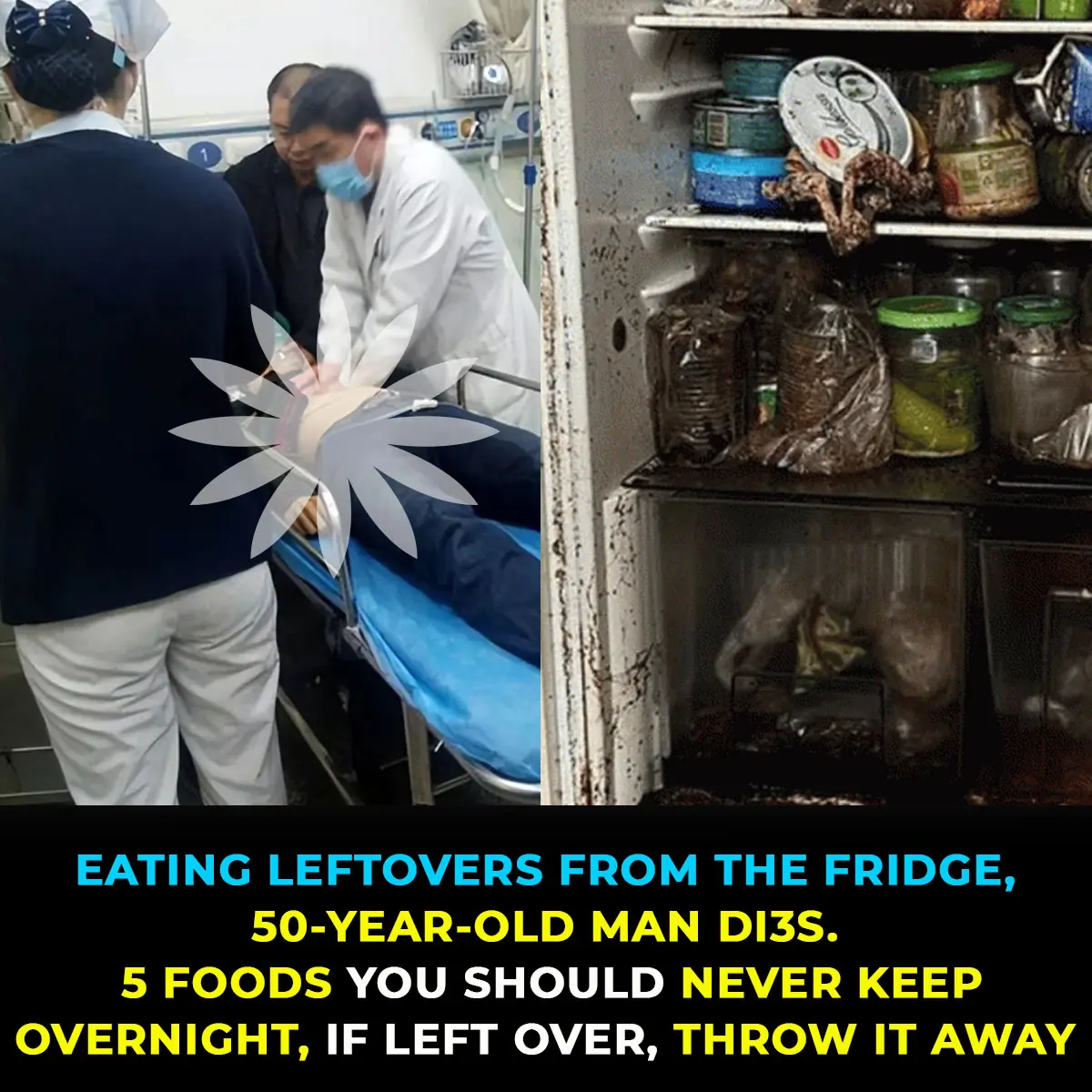
5 Common Foods That Turn Toxic If Left Overnight

Nurse at palliative care reveals the top 5 regrets of people right before they di3d

The Hidden Meaning Behind Leg-crossing — It’s More Than Just Comfort
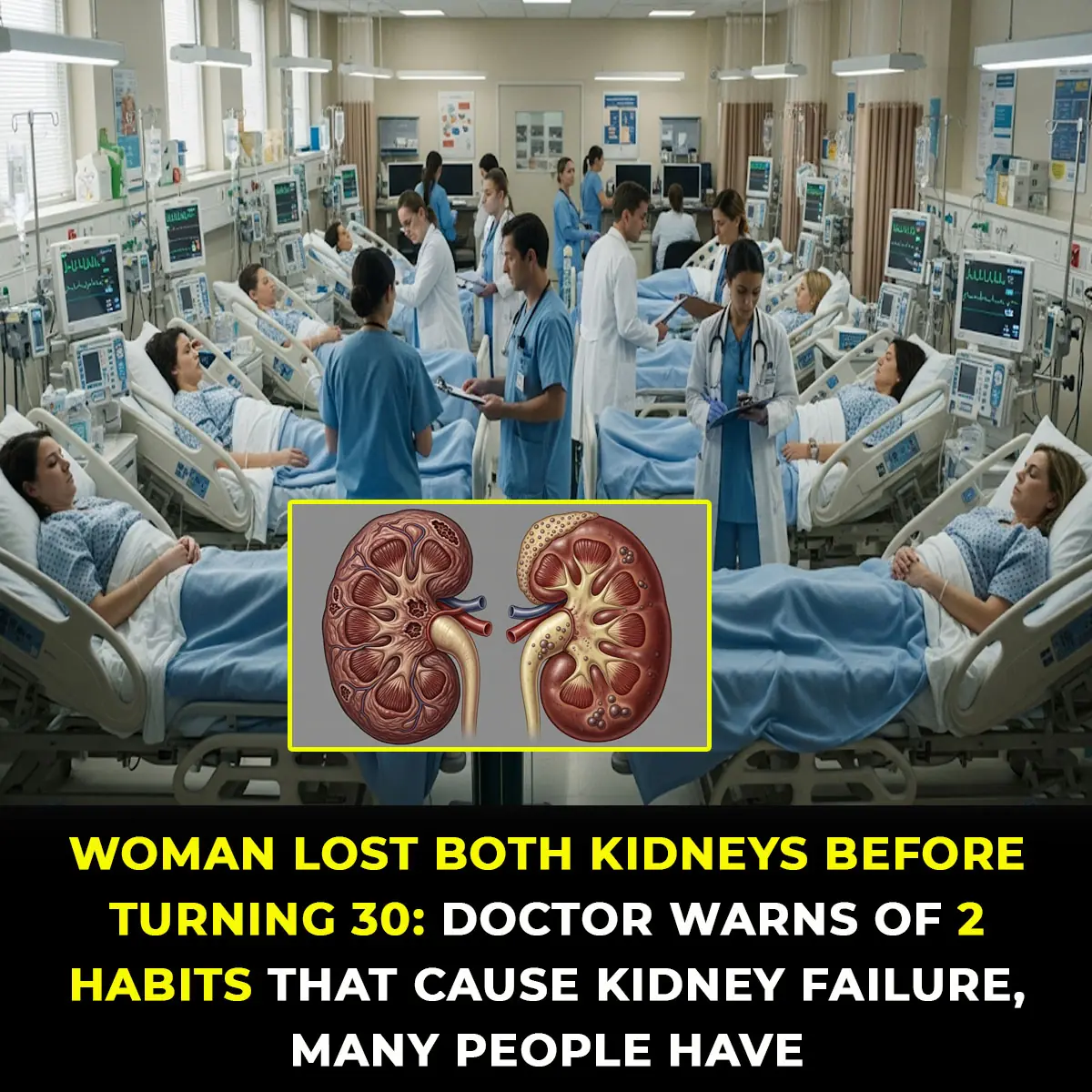
HealthWhy Kidney Failure Is Striking The Young—And How To Stop It

